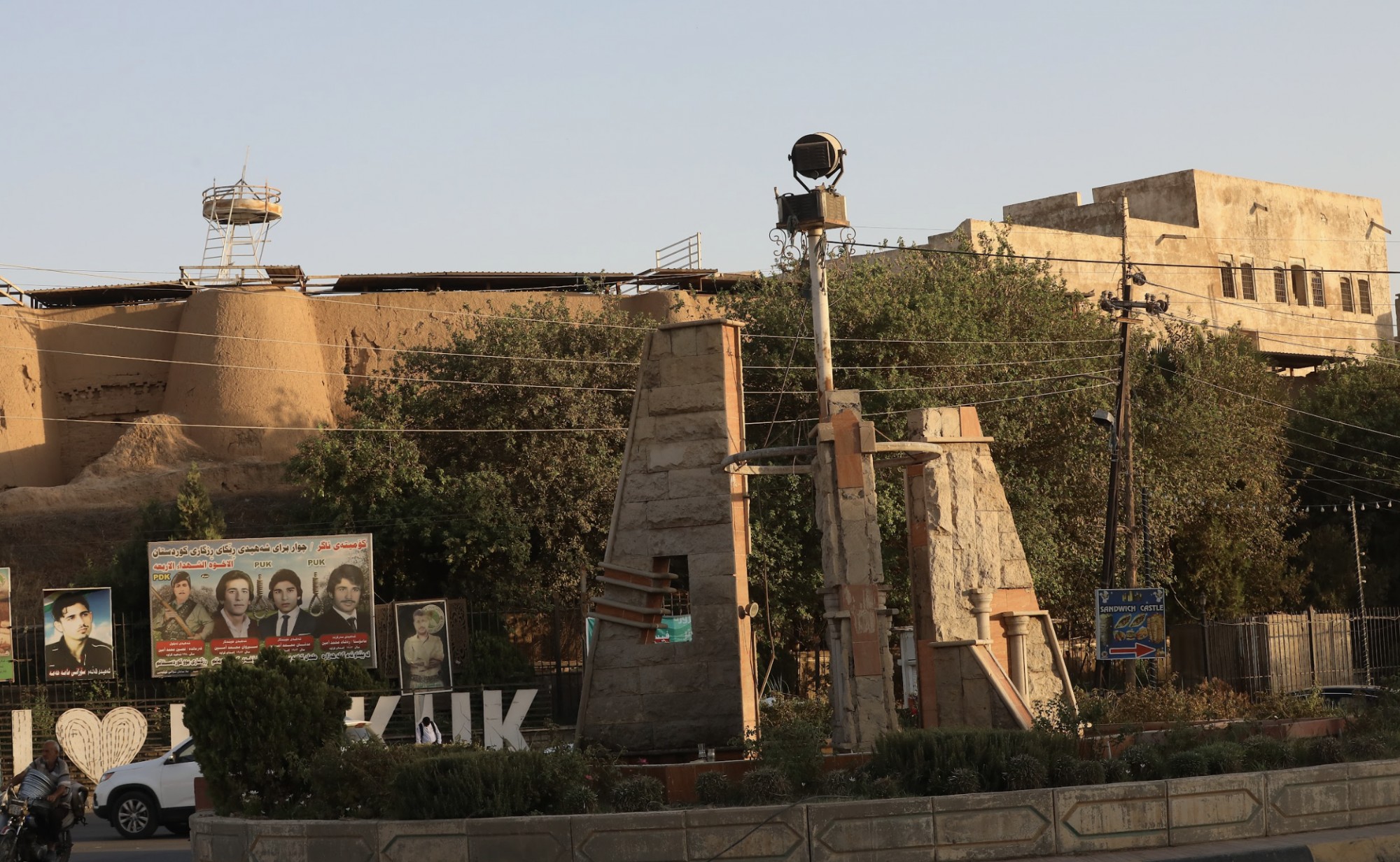In many ways, the overthrow of the regime of Saddam Hussein and the establishment of a federal system has intensified, not reduced, the interethnic and sectarian tensions in Iraq.
Most mainstream Iraqi politicians – including Kurdish politicians – agree that Iraq needs a federal system in order to survive as a coherent territorial entity. Most politicians also agree that federalism is critical for maintaining Iraq’s democracy, territorial integrity, and separation of powers, and is a vital mechanism for conflict resolution in Iraq’s divided society, which has deep-rooted communal tensions and powerful secessionist sentiments. However, even that basic agreement is now eroding as a result of intensified communal, sectarian, and ethnic tensions.
At its fundamental level, federalism is a system of government whereby sovereign power is formally divided – usually by means of a constitution – between a central authority and a number of constituent regions, so that each region retains some degree of management over its internal affairs. Despite many unique examples of federations around the world, most federal states share common features: at least two levels of government (federal and regional), with separate powers or competencies allocated to each level via a written constitution, although powers may also be shared between levels. Moreover, in meaningful federations the constitutional division of powers can be altered unilaterally by either level of government, but the consent of both levels is required through a constitutional amendment. Beyond these basic tenets of agreement, however, there is little consensus regarding specifics.
Despite calamities, tensions, and setbacks since the creation of the federal system in 2005, the Kurds in Iraq must be at the front lines in supporting its success in the country, as it is uniquely important for them. Indeed, a closer look at the trajectory and development of the Kurdish national liberation movement in Iraq reveals that Kurdish politicians deeply understood the geopolitical constraints the Kurds would face in a world not of its own making and the peculiarity of the Kurdish position in Iraq.
The Kurdish leaders also realized the significance that the international system of sovereign states placed on maintaining the territorial integrity and independence of newly established states during the post-colonial period. Moreover, there was an awareness that the post-independence map of sovereign states had been frozen, and it had become an extremely complex matter to discuss redrawing national boundaries in the Middle East once they were affirmingly and undoubtedly established.

Based on the proceeding reality, the Kurdish leadership did wisely when it raised the slogan of “Autonomy for Kurdistan, Democracy for Iraq” after World War II. Based on this, the Kurds became the main proponents of not only gaining recognition as a separate nation within Iraq that deserves some form of autonomy, whether via federalism or confederation, but also achieving democracy, a political system seen as a panacea for states divided along communal lines.
Indeed, despite the fact the Kurds were and are constantly accused of being secessionists wishing to divide or secede from Iraq, historical evidence indicates the contrary. The emergence of the Kurdistan Region and the creation of legislative and executive institutions in the Kurdish region commonly known as the Kurdistan Regional Government (KRG) were a direct result of the centrally-propelled secession committed by the Iraqi state under Saddam Hussein.
Following the First Gulf War in 1990-91, the Kurdish leaders engaged in hopeful negotiations with Saddam Hussein, hoping to crystalize democracy in Iraq and achieve some sort of autonomy for the Kurdish nation within Iraq. However, Saddam Hussein, realizing his inability to impose hegemony over the entire country in the wake of his defeat by the U.S.-led coalition forces, effectively seceded from parts of his own territory. In this way, the government of Iraq, it can be argued, set the precedent for the establishment of an autonomous Kurdish enclave in the north of the country. This was essentially a secessionism by the center, rather than a peripheral secession committed by the Kurdish minority.
Indeed, one of the first proclamations issued by the first Kurdistan National Assembly in 1992 was the declaration of federation or a federative union between the Kurdistan Region and a democratic and parliamentary Iraq. Remarkably, the declaration had dual implications, implying that not only should the Kurdistan Region be accepted as a federated region, but also the entire country should be reorganized based on federalism.
The same commitment was reemphasized during the second Iraqi state-building process in the wake of the removal of Saddam Hussein by U.S.-led coaltion forces in 2003. Despite the immense pressures exerted by Kurds in Iraq, in neighboring countries, and the diaspora, the Kurdish leadership reiterated its commitment to the territorial integrity of Iraq and to work with other Iraqi leaders to draft a constitution in 2005 that enshrined federalism as the system of government in Iraq.
Iraqis would be wise to embrace federalism and democracy. Since its creation in the 1920s, Iraq has tested multiple political systems, including absolute monarchy, constitutional monarchy, and systems of stratocracy, i.e. political systems controlled at the top by the military under the guise of republicanism. Over time, these evolved into the totalitarian dictatorship of Saddam Hussein.
Between 1923 and 1963, Iraqis as a whole and the Kurds in particular did enjoy some degree of political freedom. However, political freedom gradually diminished, and Arab governments in Baghdad increasingly Arabized the political space by employing the rhetoric of pan-Arab nationalism. This, in turn, motivated the Kurdish political identity to become more Kurdish-focused and gradually grow estranged from the wider Iraqi political domain. These political movements only led to severe and unimaginably destructive consequences for all Iraqis in the political, economic, societal, military, and human realms.
The Iraqi federal system is indeed unique in Middle East and North Africa (MENA) and could be a shining example not only for the Kurds but also for other nations and minorities in MENA. It is unique in the sense that the separation of powers, checks and balances, and political institutions that were created are uniquely modern in design with no comparable equivalent in MENA.
Indeed, the Iraqi federal system deeply differs from the example of the UAE, which is sometimes hailed as a model of federalism in MENA. The UAE is a federation of seven emirates, with each emirate an absolute monarchy governed by a ruler, and together the seven rulers form the Federal Supreme Council, the highest executive and legislative body. On the other hand, the Constitution of Iraq stipulates the formation of political institutions that emulate those of the most modern and democratic states, with a separation of powers between the executive, legislative, and judicial bodies.
Dr. Hajar Sadoon, College of Political Sciences, University of Duhok
Mohammed Tatarkhan, College of Political Sciences, University of Duhok

